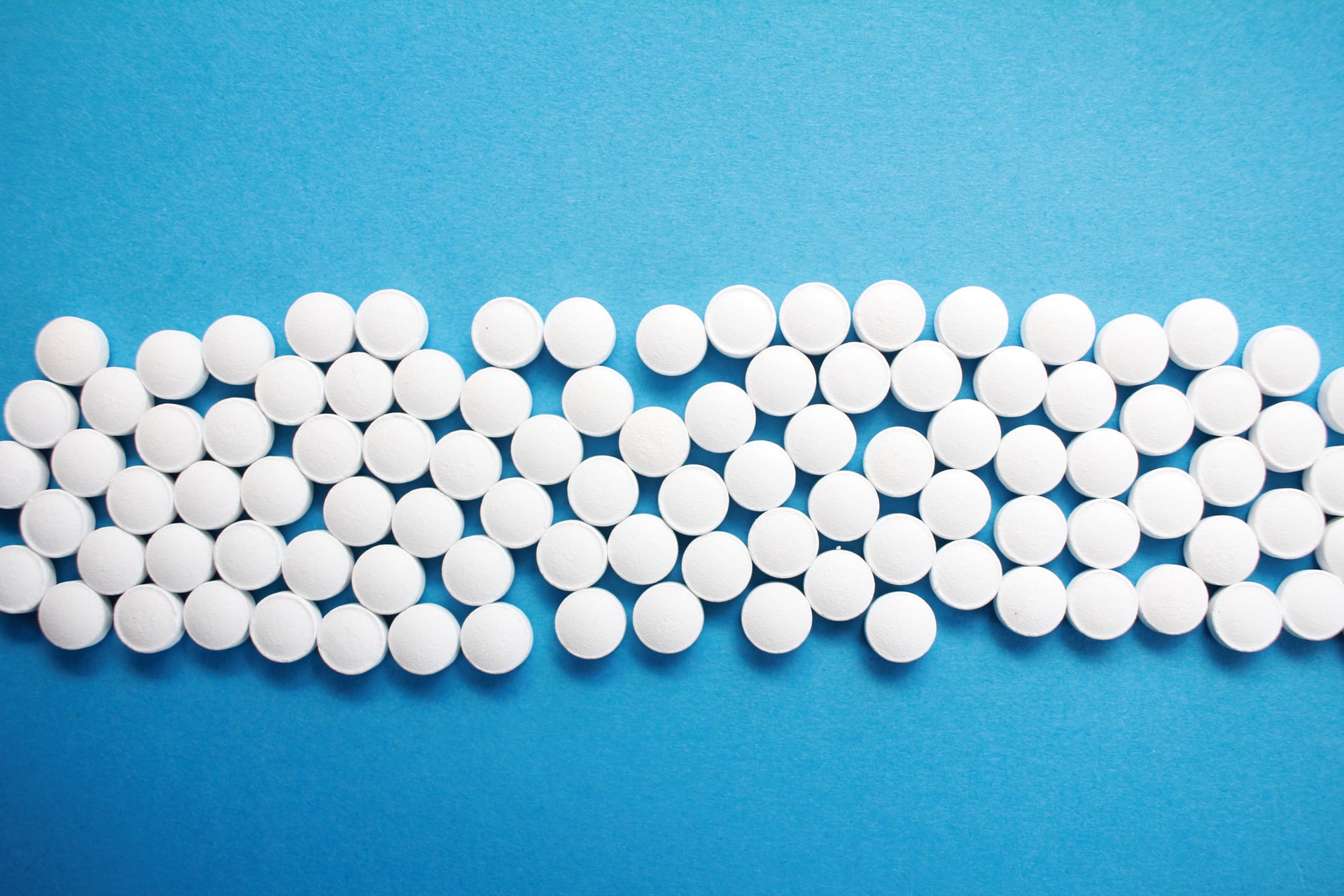Original article (in Slovenian) was published on 26/08/2021
Studies on effectiveness of ivermectin for prevention or treatment of Covid-19 are contradictory, said Tomaž Vovko, an infectologist from Ljubljana’s University Medical Centre.
Zala Čas, Razkrinkavanje.si
“Ivermectin – an unknown hero in the war against covid,” said the title of a leaflet a Twitter user received in her postbox in early August. There, proponents of ivermectin argued that it was more effective compared to covid-19 vaccination. They stated that taking just one 12-milligram capsule of ivermectin once a week reduces the likelihood of infection by 90 percent.
In Slovenia ivermectin is registered as a prescription drug for treatment of infections in humans and animals caused by parasites, the public Agency for Medicinal Products and Medical Devices (JAZMP) stated in its reply to Razkrinkavanje.si.
According to Tomaž Vovko, an infectious disease specialist from the Clinic for Infectious Diseases and Febrile Conditions at the University Medical Centre Ljubljana, there is currently insufficient evidence to justify the use of ivermectin to treat Covid-19.
To be registered as a drug for the treatment or prevention of Covid-19 in the general population, its effectiveness has to be confirmed by several studies. Vovko told Razkrinkavanje.si that the current ones are contradictory: “Either they demonstrate advantages of the drug or they are visible in some methodologically controversial studies.”
Razkrinkavanje.si found an Argentinian clinical study of 501 people about effects of ivermectin for patients with covid-19 but the authors did not find any advantages of ivermectin in preventing the hospitalization of Covid-19 patients.
A meta-analysis of 14 studies on ivermectin’s effects on Covid-19, published in July in a collection of review scientific articles Cochrane. The authors noted that the studies were performed on undersized samples and that most results were of poor quality, therefore it was unclear whether ivermectin was effective and safe in prevention or treatment of Covid-19.
Other shortcomings of ivermectin studies were summarized by the board of the US National Institutes of Health, which is in charge of drafting guidelines for the treatment of Covid-19.
Vovko stated to Razkrinkavanje.si that mass use of anti-covid-19 drugs is impractical and in some cases even dangerous, because the infection should be treated before the onset of symptoms, and at the beginning of the infection when the course of the disease is mostly mild. “Vaccination definitely overcomes this because it has a preventive effect,” Vovko said.
Infectious disease specialist Andrej Trampuž from the Charité University Hospital in Berlin also told Razkrinkavanje.si that current evidence of effectiveness of ivermectin is not reliable enough: “For each drug there is a study that proves that the drug has some effect. But if we look closely at these studies, some of them are poorly done and misleading and should simply be excluded from scientific evaluations.”
He cited two meta-analyses that concluded that ivermectin was an effective drug for Covid-19, but in his view they were a “selection of bad studies.” One of them is a peer-reviewed meta-analysis, which is also listed on the site ivermektin.si, and the other is a meta-analysis of 18 clinical studies, not all of which have passed peer review. Of the eight studies on efficacy of ivermectin in preventing Covid-19 infections that the authors included in the meta-analysis, four were not published in scientific journals.
Trampuž explained that there was more empirical research on effectiveness of Covid-19 vaccines compared to ivermectin as clinical studies of the vaccines were based on a sample of 40 thousand people. He did not rule out the use of other drugs to prevent covid-19 infection in the future, but he pointed out that one must consider all possible side effects of using the drugs.
Encouraging yet unreliable results
In a statement to Razkrinkavanje.si, JAZMP explained that one dose of a 12-milligram capsule of ivermectin taken once a week, as stated by the authors of the leaflet, significantly exceeded recommended doses of the drudge for the prescribed treatment of parasitic diseases. They gave the example of treatment of filariasis that is mainly transmitted by parasite-infected mosquitoes infected in tropical countries.
The maximum recommended dose of ivermectin for the treatment of this disease is 24 milligrams once a year for patients weighing 65 to 84 kilograms. Higher doses can cause serious side effects, such as liver problems, poor blood counts, jaundice and acute hepatitis. JAZMP was not aware of any reliable evidence to suggest that ivermectin is more effective in preventing Covid-19 infection than clinically approved vaccines.
“According to data Studies on the effectiveness of ivermectin, results are encouraging but for now there is not enough reliable data available to submit an application for approval by the European Medicines Agency,” JAZMP said.
The European Medicines Agency (EMA) told Razkrinkavanje.si that recommendations on the use of ivermectin remain the same after five months of issuance after issuing recommendations. Its use has been recommended for use in studies only, and not for general use in prevention or treatment of Covid-19.
The report noted that most of the studies reviewed were performed on small samples or with limitations, such as different dosing methods and concomitant use of other drugs. Although the patients tolerated lower concentrations of ivermectin prescribed for treatment of other diseases, authors found that side effects could be increased by significantly higher doses required to achieve a sufficiently high concentration of ivermectin in the lungs for effective antiviral activity. “Toxicity of ivermectin when used at higher doses than approved cannot be ruled out.”
Currently, other drugs have been approved at EMA for treatment of Covid-19, namely, an antiviral drug remdesivir and monoclonal antibodies that patients receive by infusion. However, seven studies on the effectiveness of ivermectin for treatment or prevention of Covid-19, that were approved by Ema, are currently in clinical trial phase. One had already been completed, but its results have not yet been published.
The claim of supporters about the use of ivermectin for the treatment and prevention of covid-19 is not sufficiently supported by credible data. The claim is unfounded.



